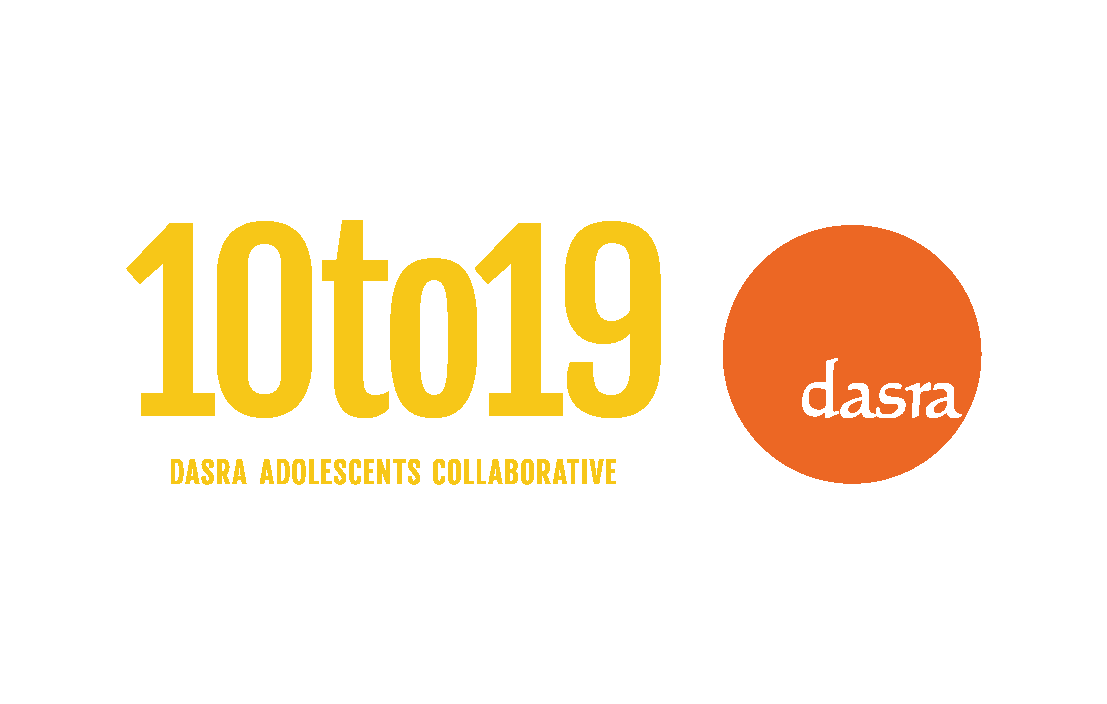

Explore the on-ground efforts of key organizations across our key themes
The USAID Projects in India
FILTER
PROJECTS
10to19 Adolescents Collaborative
With close to a quarter of the population between the age of 10 and 19, adolescents are critical for India's health goals and self-reliance over the next decade. The 10to19 Collaborative uses a unique multi-stakeholder model to bring key stakeholders together in achieving greater adolescent health, participation and empowerment.
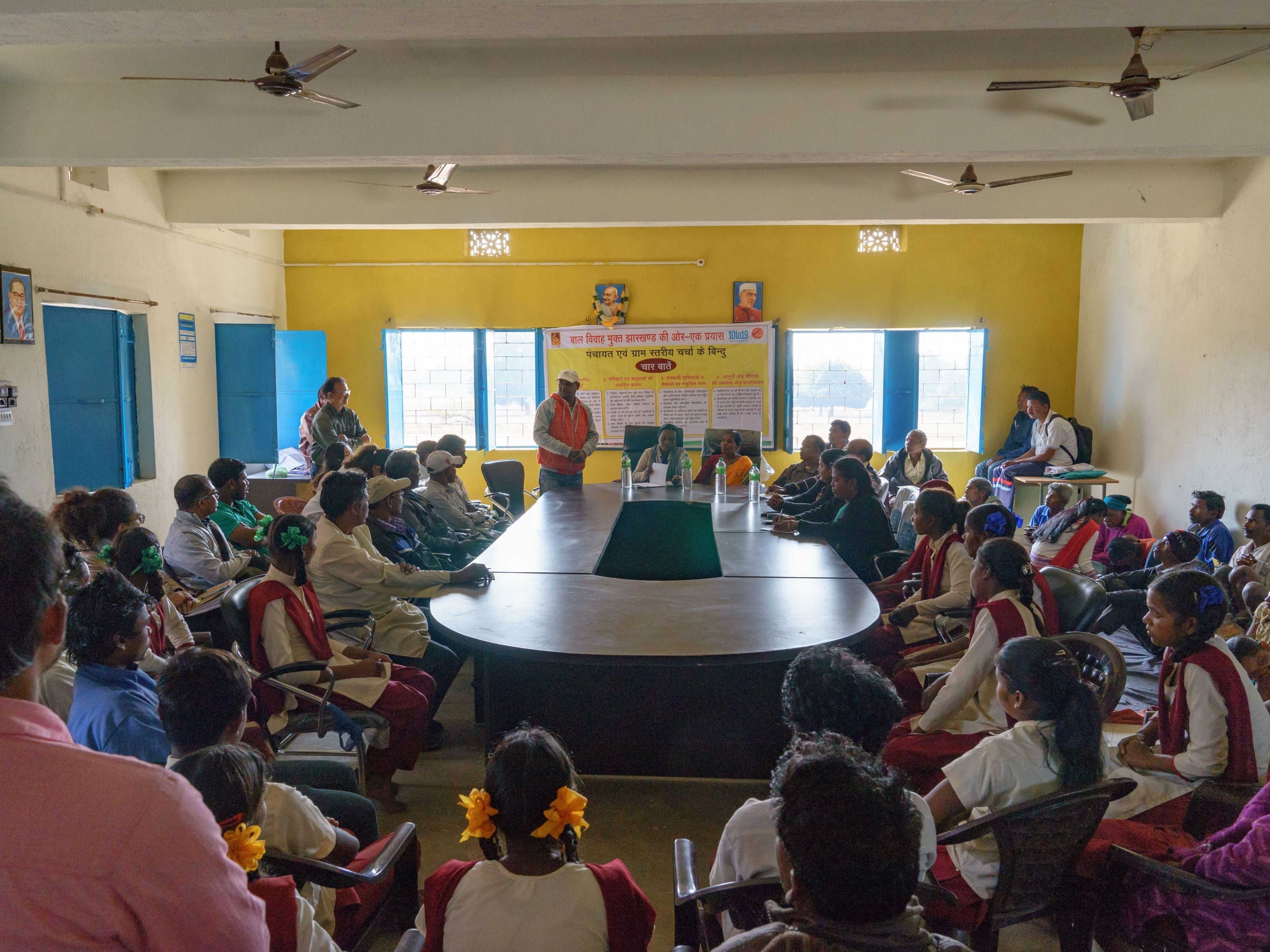
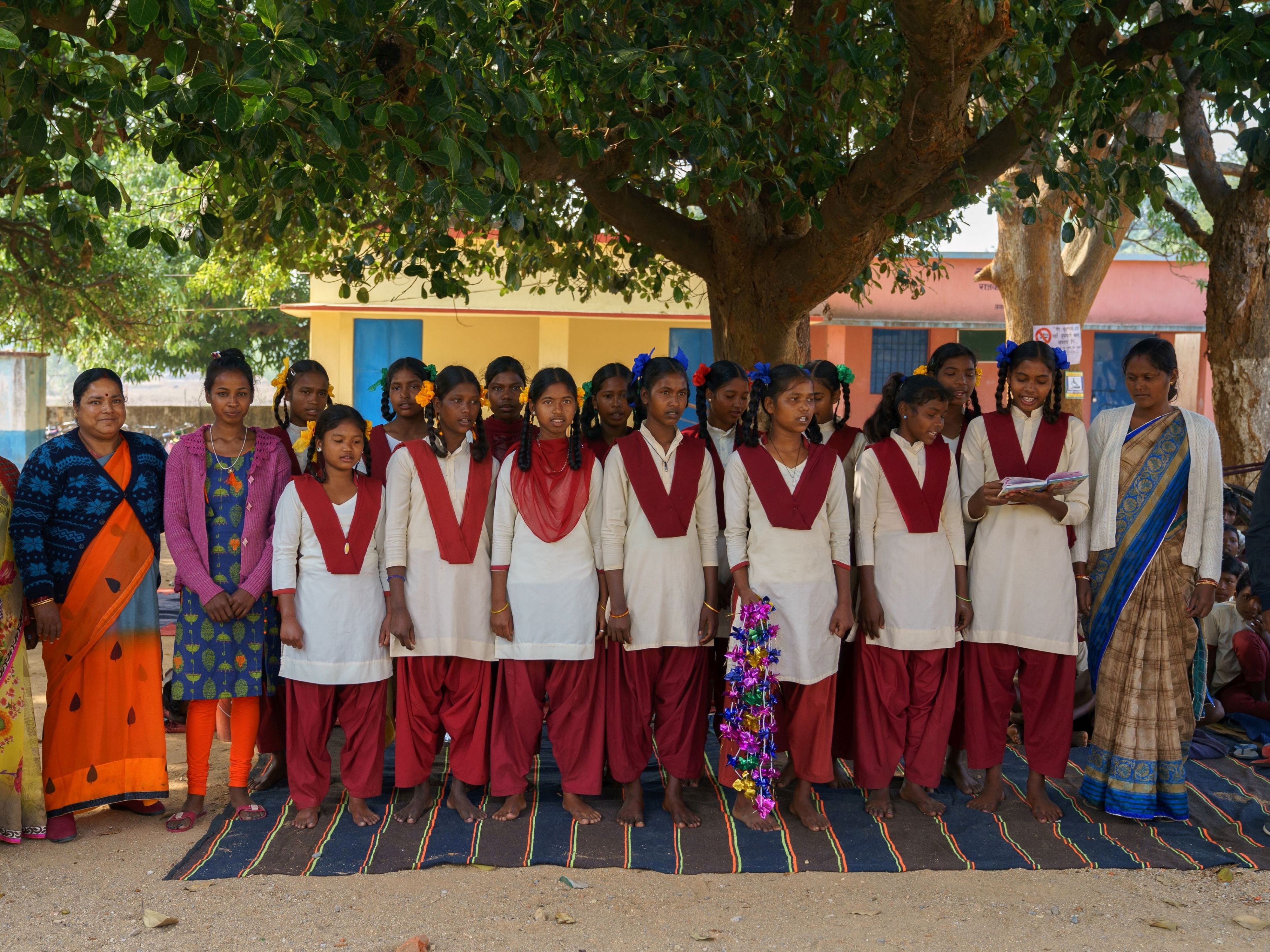
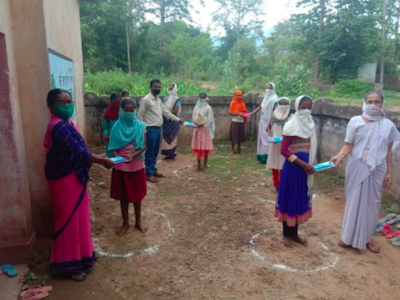
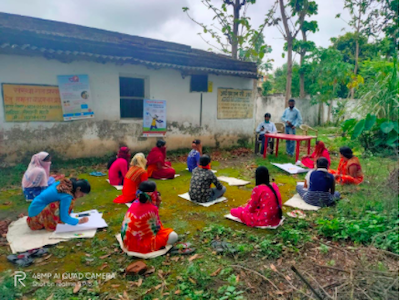
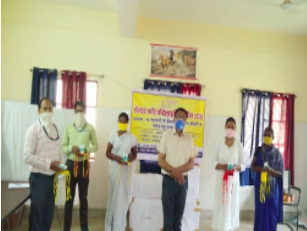
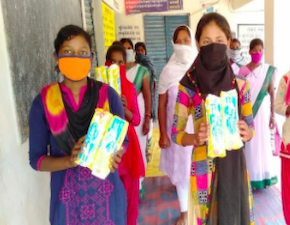
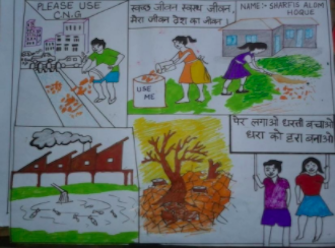
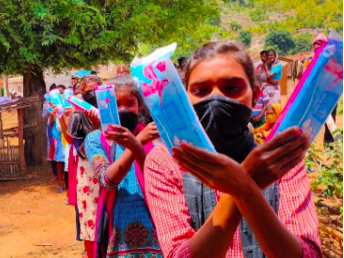
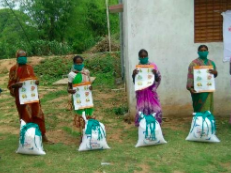
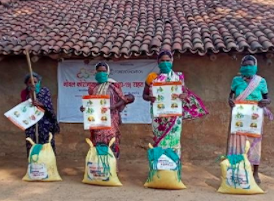
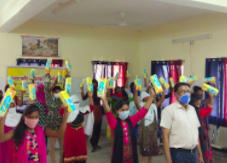
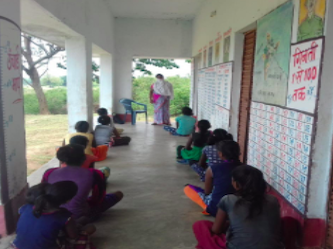
SECONDARY THEMES
COMMUNITIES SERVED
Adolescent/ Youth | Rural Communities
PROJECT LEAD
Shailja Mehta
GOAL
The 10to19 Dasra Adolescents Collaborative works to empower adolescents to complete secondary education, delay the age of marriage, delay the age of the first pregnancy/birth, and increase their opportunities in life.
OBJECTIVES
- Aggregate knowledge and foster innovation for scaling high impact interventions for adolescent health
- Provide funding and capacity building to accelerate impact at scale
- Enable greater engagement and committed resources through a multi‐stakeholder approach
- Consolidate regional knowledge and health status indicators for improving policy and practice
SUMMARY
With 243 million adolescents – 120 million of which are girls – India has the largest cohort of young people in history. Adolescent girls continue to face severe disadvantages, despite recent progress in increasing the age of marriage and reducing gender disparities in education. Dasra Girls Alliance (DGA) was co-founded by USAID, Dasra, and other donors (Kiawah trust and Piramal Foundation) in 2013. It focused on various issues that impacted the health and well-being of adolescent girls and helped to create knowledge products and support innovative programs on issues such as child marriage, secondary education, menstrual hygiene, gender-based violence, use of technology, engagement of men and boys, and sanitation.
In 2017, based on the learnings from the program, the alliance was broadened into a collaborative titled 10to19 Dasra Adolescent Collaborative (DAC) that focused on key barriers that limit adolescent girls from reaching their full potential. These included early marriage, early pregnancy, lack of access to secondary education, and poor agency of girls that limit their leadership, skill-building, and employment opportunities. A cross-sectoral framework was thus created encompassing all these issues to help adolescents reach their potential. The key strategies of 10to19 DAC include on-ground implementation in 10 districts across three states of India to support the Government of India’s adolescent program titled Rashtriya Kishore Swasthya Karyakram (RKSK), knowledge creation, and evidence generation, a community of Practice of 140+ civil society members, and youth-centred advocacy. USAID, Kiawah Trust, Children's Investment Fund Foundation, Packard Foundation, Bank of America Limited, Tata Trusts, DSP Black Rock, Vinati Organics Limited, Tree of Life, and several Indian philanthropies have invested in this comprehensive, results-based adolescent programming.
EXPECTED COVERAGE
The 10to19: Dasra Adolescents Collaborative (DAC) expected coverage across the 3 states is 418,000 adolescents. Till date, DAC has directly reached 448,000 adolescents across these 3 states.
ACHIEVEMENTS
- Dasra leveraged USD 2.7 million from new and existing funders (such as Tata Trusts, Kiawah Trust, Bank of America, CIFF, Chanel Foundation, Packard Foundation, etc.) of the Collaborative between October and September 2020
- DAC disbursed USD 1 million to our 4 implementing partners (CINI, C3, Quest Alliance, and Aangan Trust) to support the implementation of their programs in Jharkhand, Assam, and Chhattisgarh
- They onboarded 6 new private sector funders and individual givers to the Dasra Giving Circle, namely, GMSP Foundation, MCKS Trust, DMI Finance, Marr Munning Trust, DSP Black Rock, and Vinati Organics Limited
- DAC hosted 3 forums to showcase the work of the Collaborative across Europe and India as part of their fundraising and donor engagement efforts
- DAC spearheaded a youth-led campaign helmed by the MohFW and trained over 100 youth champions on digital advocacy
- They conducted a survey with over 110 NGOs to gain insights on the impact of Covid-19 on adolescents' programming across the country
- They organized over 30 meetings with relevant state and central government officials to showcase the work of implementing partners, shared data and findings, and made recommendations for programs, priorities, and initiatives for adolescents
- They disseminated 10 knowledge products during the reporting period on various issues pertaining to adolescents and leveraged their networks to amplify these efforts
- DAC now has over 282 organizations that are a part of the State and National Community of Practice. They hosted over 7 engagements virtually with them during the reporting period on issues such as the impact of Covid-19 on adolescents, the role of gatekeepers, voices from the ground, etc.
KEY INDICATORS
- Domestic, public and private resources mobilized to support health care financing through USAID supported health projects
- Number of technical resources (reports, tools, manuals, policy briefs) developed with USG support to increase revenues for health care financing, insurance, and risk pooling
TECH INNOVATION INTRODUCED
- C3 Sakhi: A chatbot was developed to answer COVID-19 related questions
- TEENLINE: An adolescents counseling service was set up by CINI to talk about mental, sexual, and reproductive health. The idea behind this was to create a destigmatized space for speaking about these issues
WORK DONE AROUND COVID-19
DAC tracked adolescents' situation and identified gaps in service delivery related to entitlements in the project area in the aftermath of Covid-19. Partners developed communication packages on a digital platform creating a space where adolescents champions could address their own issues during the pandemic. They also assisted with mental health support for adolescents.



